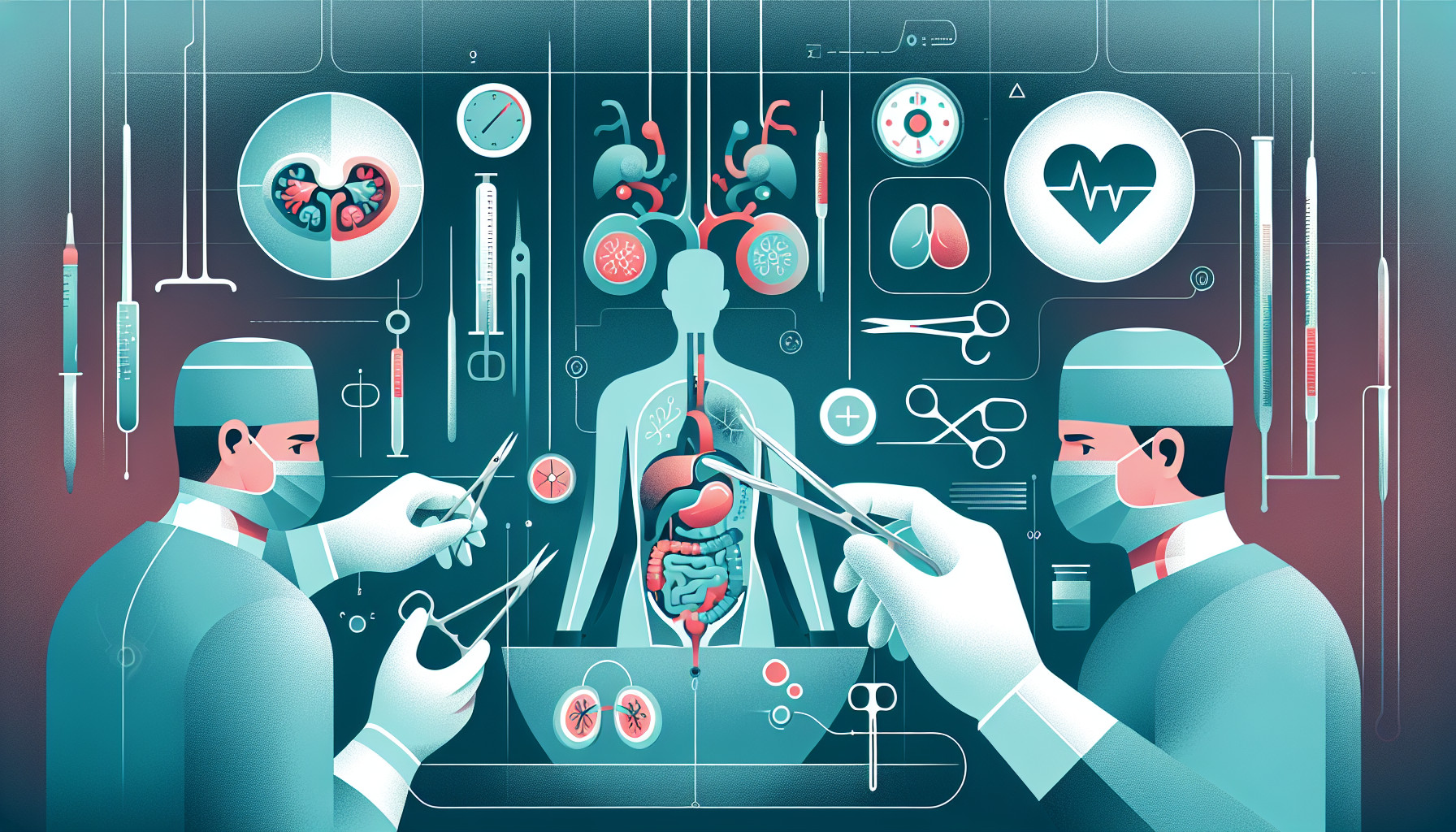Our Summary
This research paper is a personal review based on a 2018 lecture on pediatric urology, specifically looking at three conditions that affect children’s urinary systems: hypospadias, congenital adrenal hyperplasia, and bladder exstrophy. The paper discusses how expectations and results have changed over time for these conditions. The author’s insights are based on their expert opinion.
FAQs
- What are the three pediatric urological conditions discussed in the 2018 Storz Urology Lecture at the BAPS Conference?
- How have expectations and outcomes for pediatric urologic reconstruction changed over time?
- What is the level of evidence provided in this review of pediatric urologic reconstruction conditions?
Doctor’s Tip
One helpful tip a doctor might tell a patient about pediatric urologic reconstruction is to ensure that the child follows all post-operative care instructions carefully to promote proper healing and minimize complications. This may include keeping the surgical site clean, avoiding strenuous activities, and attending follow-up appointments with the healthcare provider. It is also important for parents to communicate any concerns or changes in the child’s condition to the healthcare team promptly.
Suitable For
Pediatric urologic reconstruction is typically recommended for patients with conditions such as hypospadias, congenital adrenal hyperplasia, and bladder exstrophy. These conditions require surgical intervention to correct anatomical abnormalities and improve function. Patients with hypospadias may experience difficulty with urination and sexual function, while those with congenital adrenal hyperplasia may have abnormalities in their genitalia and hormonal imbalances. Bladder exstrophy is a complex condition involving the protrusion of the bladder through the abdominal wall, requiring reconstruction to restore normal bladder function and appearance. Overall, pediatric urologic reconstruction is recommended for patients with these conditions to improve their quality of life and long-term outcomes.
Timeline
Before pediatric urologic reconstruction:
- Patient is diagnosed with a urological condition such as hypospadias, congenital adrenal hyperplasia, or bladder exstrophy.
- Patient may undergo various tests and evaluations to determine the severity and treatment options for their condition.
- Patient and their family may meet with a pediatric urologist to discuss the recommended surgical intervention and potential outcomes.
- Surgery is scheduled and the patient undergoes pre-operative preparation and counseling.
After pediatric urologic reconstruction:
- Patient undergoes the reconstructive surgery, which may involve multiple procedures depending on the complexity of the condition.
- Patient is closely monitored post-operatively for complications and to ensure proper healing.
- Patient may require follow-up surgeries or interventions to address any complications or to achieve optimal results.
- Patient undergoes rehabilitation and physical therapy as needed to regain normal urinary and sexual function.
- Patient and their family receive ongoing support and counseling to cope with any physical or emotional challenges related to the surgery and recovery process.
What to Ask Your Doctor
- What are the potential risks and complications associated with pediatric urologic reconstruction for my child’s specific condition?
- What are the expected outcomes and success rates for the procedure being recommended for my child?
- How experienced are you in performing pediatric urologic reconstruction procedures, and what is your success rate?
- How long is the recovery process expected to be for my child following the reconstruction surgery?
- Are there any alternative treatment options available for my child’s condition, and what are the pros and cons of each?
- What follow-up care will be necessary for my child after the reconstruction surgery?
- Will my child need any additional procedures or treatments in the future as they grow and develop?
- How will the pediatric urologic reconstruction procedure affect my child’s quality of life and future health outcomes?
- Are there any lifestyle changes or restrictions that my child will need to adhere to following the reconstruction surgery?
- Can you provide me with information or resources to better understand my child’s condition and the recommended treatment plan?
Reference
Authors: Cuckow PM, Cao KX. Journal: J Pediatr Surg. 2019 Feb;54(2):223-228. doi: 10.1016/j.jpedsurg.2018.10.070. Epub 2018 Nov 7. PMID: 30527758
